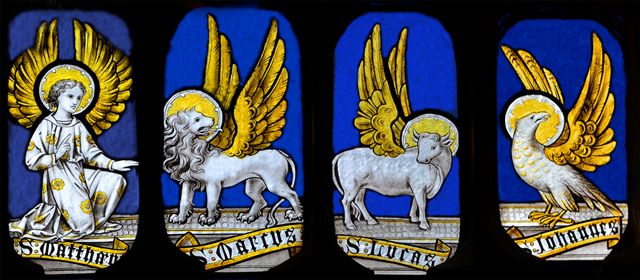Anyone found any other strange ROMAN references or connections in the original Star Trek TV Series and subsequent Star Trek films?
Captain James ‘T’ (TIBERIUS) Kirk.
(TIBERIUS is a most unusual name).
Tiberius was a ROMAN Emperor from 42BC to 37AD
https://en.wikipedia.org/wiki/Tiberius
Also, Spock was of VULCAN / Human ancestry.
VULCAN was the ROMAN God of Fire.
Vulcan, in Roman religion, god of fire, particularly in its destructive aspects as volcanoes or conflagrations. His worship was very ancient, and at Rome he had his own priest (flamen). His chief festival, the Volcanalia, was held on August 23 and was marked by a rite of unknown significance: the heads of Roman families threw small fish into the fire. Because he was a deity of destructive fire, his temples were properly located outside the city. In Roman myth Vulcan was the father of Caeculus, founder of Praeneste (now Palestrina, Italy). His story is told by Servius, the 4th-century-ad commentator on Virgil. Vulcan was also father of the monster Cacus, who was killed by Hercules for stealing his cattle, as Virgil relates in Book VIII of the Aeneid.
Ref: https://en.wikipedia.org/wiki/Vulcan_(mythology)
USS VIRGIL
The USS VIRGIL was an Akira-class Federation starship in service in the 24th century. The ship was named after the ancient ROMAN poet VIRGIL.
Captain James ‘T’ (TIBERIUS) Kirk.
(TIBERIUS is a most unusual name).
Tiberius was a ROMAN Emperor from 42BC to 37AD
https://en.wikipedia.org/wiki/Tiberius
Also, Spock was of VULCAN / Human ancestry.
VULCAN was the ROMAN God of Fire.
Vulcan, in Roman religion, god of fire, particularly in its destructive aspects as volcanoes or conflagrations. His worship was very ancient, and at Rome he had his own priest (flamen). His chief festival, the Volcanalia, was held on August 23 and was marked by a rite of unknown significance: the heads of Roman families threw small fish into the fire. Because he was a deity of destructive fire, his temples were properly located outside the city. In Roman myth Vulcan was the father of Caeculus, founder of Praeneste (now Palestrina, Italy). His story is told by Servius, the 4th-century-ad commentator on Virgil. Vulcan was also father of the monster Cacus, who was killed by Hercules for stealing his cattle, as Virgil relates in Book VIII of the Aeneid.
Ref: https://en.wikipedia.org/wiki/Vulcan_(mythology)
USS VIRGIL
The USS VIRGIL was an Akira-class Federation starship in service in the 24th century. The ship was named after the ancient ROMAN poet VIRGIL.



 Bust_of_Cicero_(1st-cent._BC)_-_Palazzo_Nuovo_-_Musei_Capitolini_-_Rome_2016
Bust_of_Cicero_(1st-cent._BC)_-_Palazzo_Nuovo_-_Musei_Capitolini_-_Rome_2016 MMLJ 4
MMLJ 4 MMLJ 3
MMLJ 3 MMLJ 10
MMLJ 10 Fig15_Rider Waite Tarot
Fig15_Rider Waite Tarot
